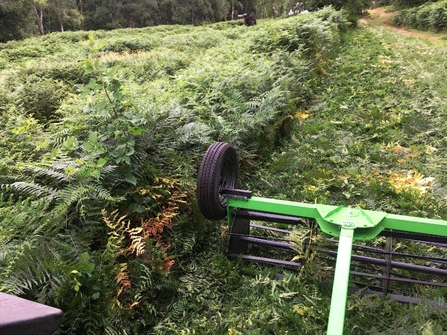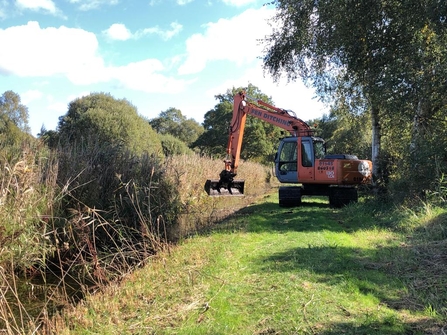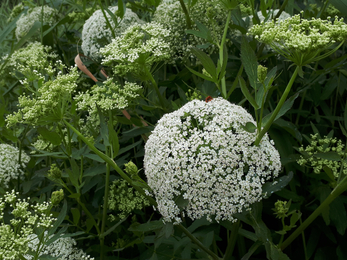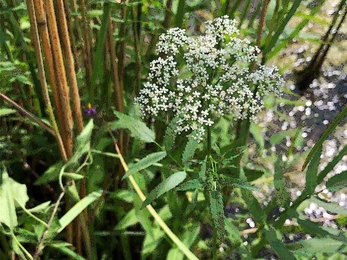Spreading like wildfire
Climate change is likely to increase the chances of prolonged spells of hot and dry weather like we have experienced this summer. At a site like Holme Fen NNR, this is perhaps a cause for concern. Holme Fen was drained in the 19th century, resulting in the site’s peat soils drying out. In hot and dry weather, the peat gets even drier - putting it at significant risk of fire. As well as representing a safety risk, fires in peat result in large releases of carbon dioxide by burning organic material that has been locked in the soil for hundreds or even thousands of years and thus causing further global warming.
Unfortunately, wildfires are already fairly frequent at Holme Fen. Most summers there are at least one or two occasions when the peat catches fire; normally caused by someone having a barbeque or a campfire. As our site is at high wildfire risk, Natural England put several of the reserve team through wildlife training this summer. We learnt more about how to safely tackle wildfires as well as getting insight into how best to assist the emergency services if a fire gets too large to be tackled by reserve staff alone. Later in the year, some of our staff will be attending further training into how we might adapt management on site to reduce the risk of fires happening in the first place.




